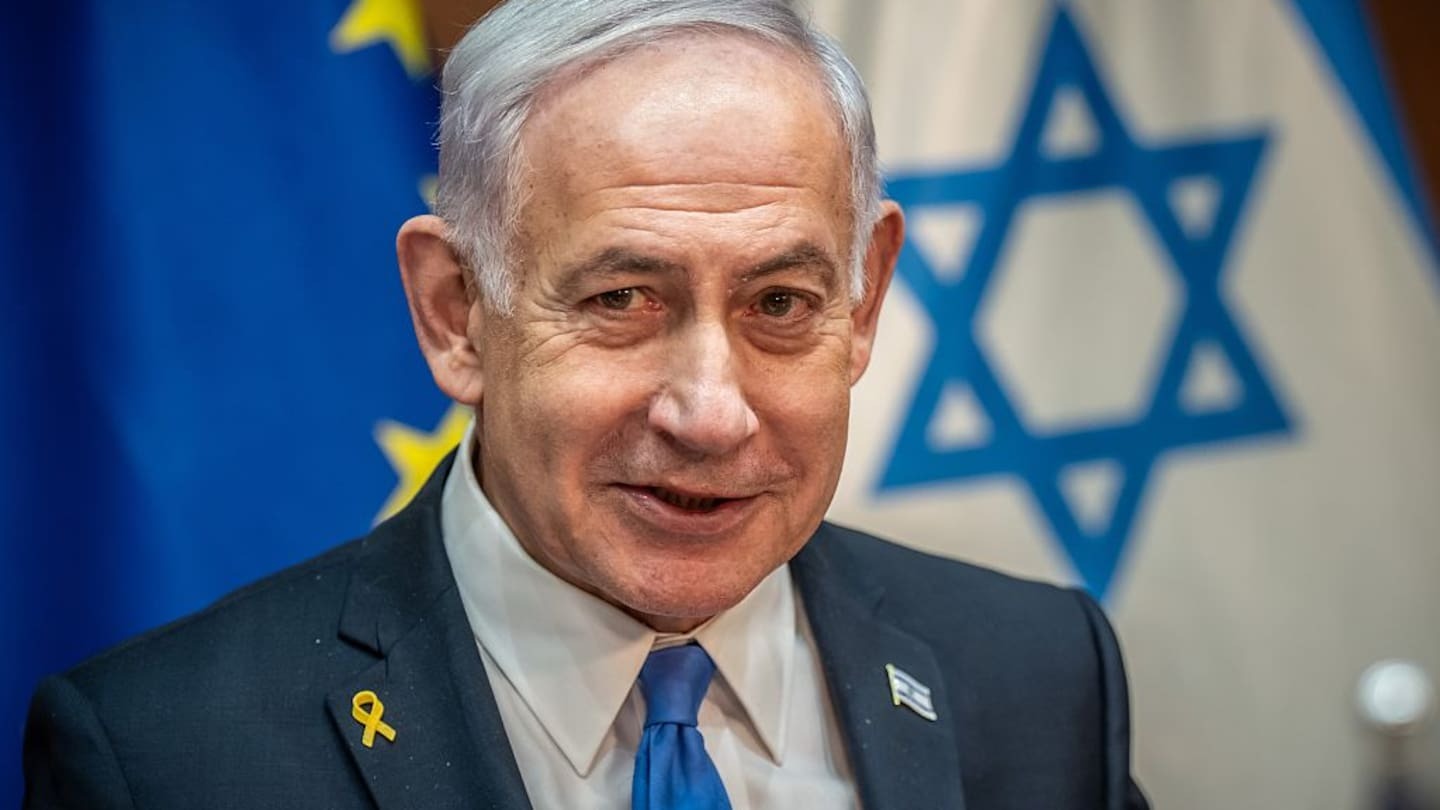Top Stories
Israel’s Deputy Foreign Minister Defends Netanyahu Amid Criticism

Israel’s Deputy Foreign Minister, Sharren Haskel, has vigorously defended Prime Minister Benjamin Netanyahu following remarks made by New Zealand’s opposition leader, Chris Luxon. Luxon criticized Netanyahu’s leadership in relation to the ongoing situation in Gaza, suggesting that the Prime Minister has “lost the plot.” Haskel responded emphatically, asserting that Luxon’s comments do not reflect a nuanced understanding of the complexities involved.
In a statement released on social media, Haskel emphasized her support for Netanyahu, stating, “New Zealand’s worst enemies are cats and possums; it cannot comprehend the threat posed by Hamas.” This remark highlights her view that New Zealand’s perspective on international threats differs significantly from that of Israel.
Haskel further expressed her belief that the challenges surrounding Gaza are not being adequately addressed by the United Nations. She remarked, “No matter how much we have tried to work together, the Secretary General of the UN will turn it into a political issue.” This statement reflects her frustration with what she perceives as the UN’s failure to grasp the severity of the situation.
The backdrop of this exchange is the ongoing conflict in Gaza, which has drawn widespread international attention and condemnation. Netanyahu’s leadership has faced scrutiny, particularly regarding Israel’s military operations and humanitarian concerns in the region.
Haskel’s defense underscores the tensions that often arise between nations with differing views on security and foreign policy. Her comments suggest a clear divide between Israeli and New Zealand perspectives, particularly in the context of Israel’s ongoing security challenges.
The exchange has sparked discussions about the role of international bodies like the United Nations in conflict resolution. Critics of the UN often point to its perceived ineffectiveness in addressing situations where geopolitical interests clash. Haskel’s remarks may resonate with those who believe that political agendas hinder meaningful dialogue and action.
As the situation in Gaza continues to evolve, the reactions from international leaders will likely play a crucial role in shaping the discourse surrounding the conflict. Haskel’s strong stance in support of Netanyahu reflects the broader complexities of international relations and the varying perceptions of threats on the global stage.
This incident highlights the importance of understanding the differing contexts from which nations approach international issues. As the world remains focused on Gaza, the implications of such political exchanges could influence future diplomatic interactions and policy decisions.
-

 World3 months ago
World3 months agoTest Your Knowledge: Take the Herald’s Afternoon Quiz Today
-

 Sports3 months ago
Sports3 months agoPM Faces Backlash from Fans During Netball Trophy Ceremony
-

 Lifestyle3 months ago
Lifestyle3 months agoDunedin Designers Win Top Award at Hokonui Fashion Event
-

 Sports3 months ago
Sports3 months agoLiam Lawson Launches New Era for Racing Bulls with Strong Start
-

 Lifestyle3 months ago
Lifestyle3 months agoDisney Fan Reveals Dress Code Tips for Park Visitors
-

 Health3 months ago
Health3 months agoWalking Faster Offers Major Health Benefits for Older Adults
-

 World3 months ago
World3 months agoCoalition Forms to Preserve Māori Wards in Hawke’s Bay
-

 Politics3 months ago
Politics3 months agoScots Rally with Humor and Music to Protest Trump’s Visit
-

 Top Stories3 months ago
Top Stories3 months agoUK and India Finalize Trade Deal to Boost Economic Ties
-

 Entertainment3 months ago
Entertainment3 months agoExperience the Excitement of ‘Chief of War’ in Oʻahu
-

 World3 months ago
World3 months agoHuntly Begins Water Pipe Flushing to Resolve Brown Water Issue
-

 Science3 months ago
Science3 months agoNew Interactive Map Reveals Wairarapa Valley’s Geological Secrets









